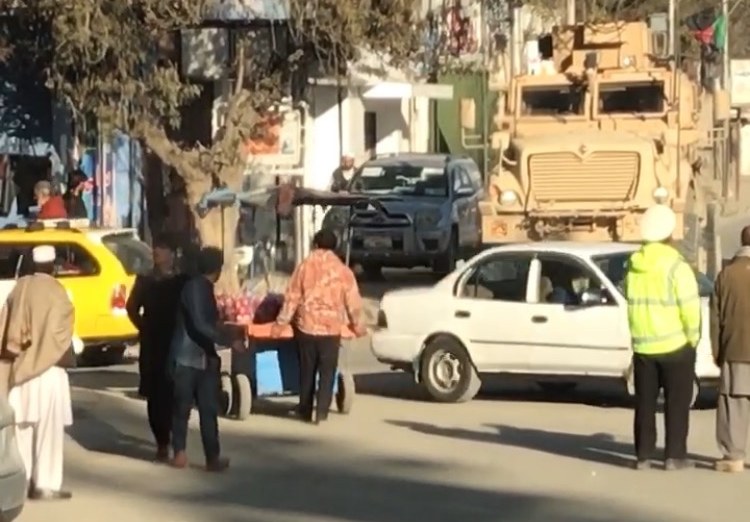In my 35+ years of martial arts experience, both as a student and as an instructor, I’ve heard countless stories of students who survived violent and/or near violent encounters. Hollywood would have us believe that each one of these victories centers around great acts of athleticism, exquisite timing or physical mastery of sophisticated techniques. In reality, some of the greatest stories told to me were victories created by what is known as verbal judo.
Verbal judo is defined as the gentile art of persuasion that redirects others behavior with words. In self defense terms, it is simply the ability to momentarily neutralize a potential attacker using your wits rather than brawn.
The concept of disrupting an attacker’s mindset (often described as putting your assailant into the OODA loop) is typically taught through any number of strikes or kicks during a physical engagement. What is often overlooked in training is the ability to put your attacker into that disrupted state through tactical language; words that are not situationally anticipated and therefore create a confused mindset for a moment or two.
The following are two true stories which showcase how verbal skills preempted intended violent actions:
I have a student who has trained with me for several years. He works as a doctor in a hospital and, one day, as he was walking down the hall of one of the pavilions, he encountered an emotionally altered patient who was physically threatening a nurse. As soon as the attacker saw my student approach, he yelled “stand back, I’m trained to use lethal force!”. Without hesitation, my student replied, “That’s funny! I’m trained in that too!”. He said this with a big smile on his face. Not knowing what to do with this, the attacker broke into a smile, extended his hand in friendship, and replied, “what a coincidence, we should be friends!”. This immediately broke the mood and resolved the situation peacefully.
My second story involves a personal friend of mine who has never trained self-defense, but is a trained actor in Los Angeles. While returning from a business trip late one evening, he found himself being followed by 3 menacing figures. He could feel they were closing in, so he realized he had to act fast. My untrained thespian immediately turned around and said in as calm yet confident voice as he could muster, “The three of you are in great danger if you don’t step back right now!”. Confused by this unexpected warning, they stopped in their tracks, looked at each other and froze. Finally, my buddy just stared expressionless at them and simply said, “Run. Now.”. They all took off in different directions.
Understand, there’s a certain amount of luck that goes into surviving any potentially violent encounter, and the effectiveness of any de-escalation is directly related to the type of threat being observed. Verbal judo, ultimately, is about assessing the situation and introducing an unanticipated response to an attacker’s threat. The end goal is to create a moment’s confusion for our attacker. In that moment, we either head to safety without further hesitation or, if needed, take the opportunity to launch an attack.
At Corporate Krav Maga, we make sure that you’re training not just how to physically engage, but how to verbally disrupt your attacker. This may be the difference between escaping a situation unharmed and getting physically embroiled with a violent attacker.




